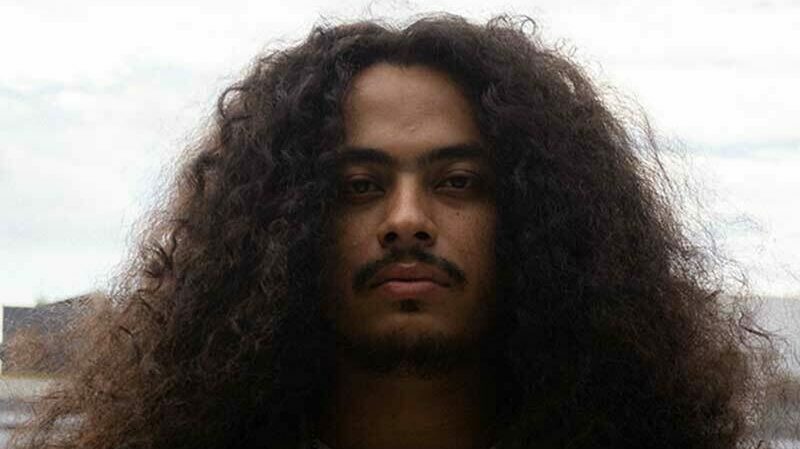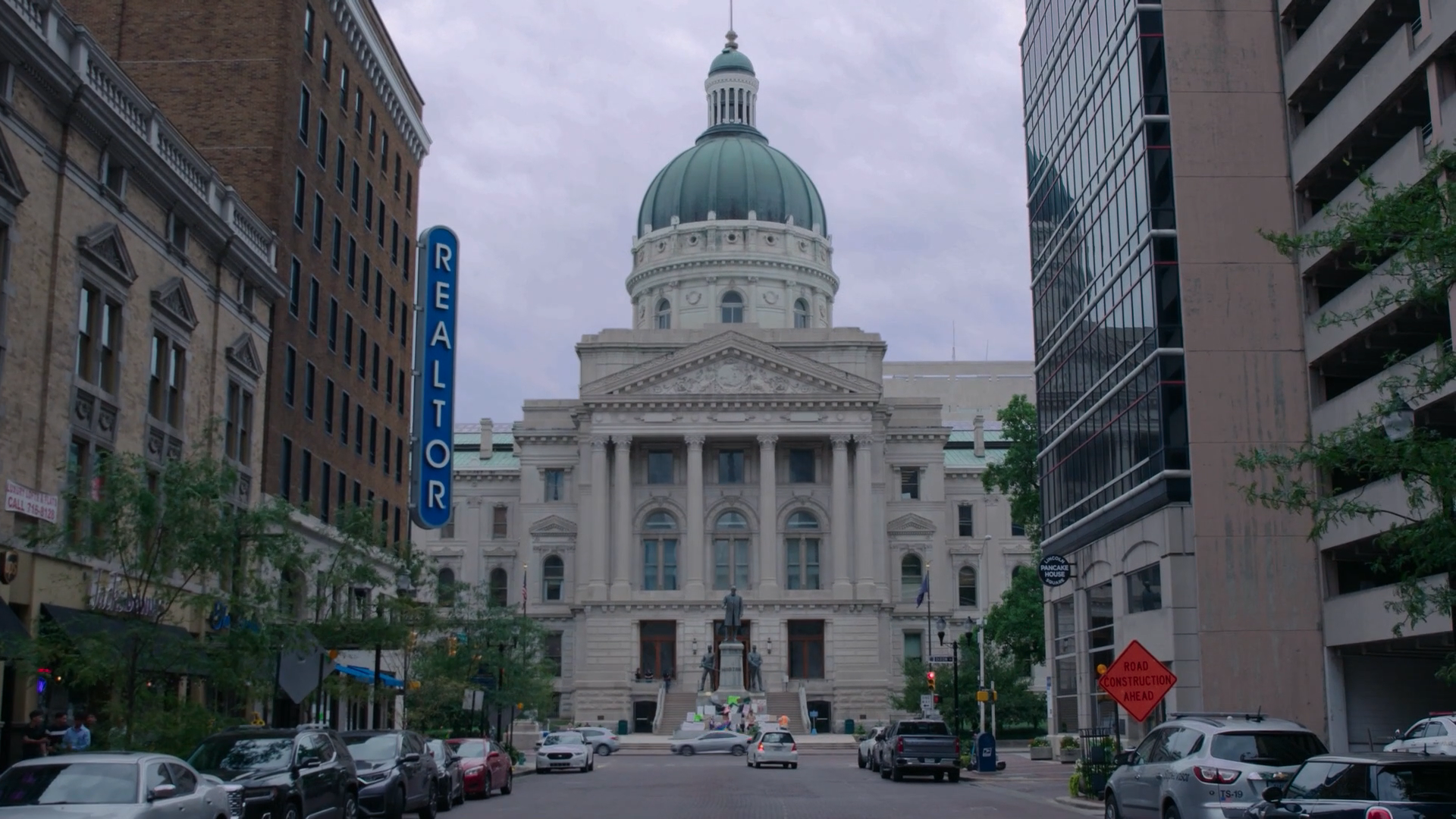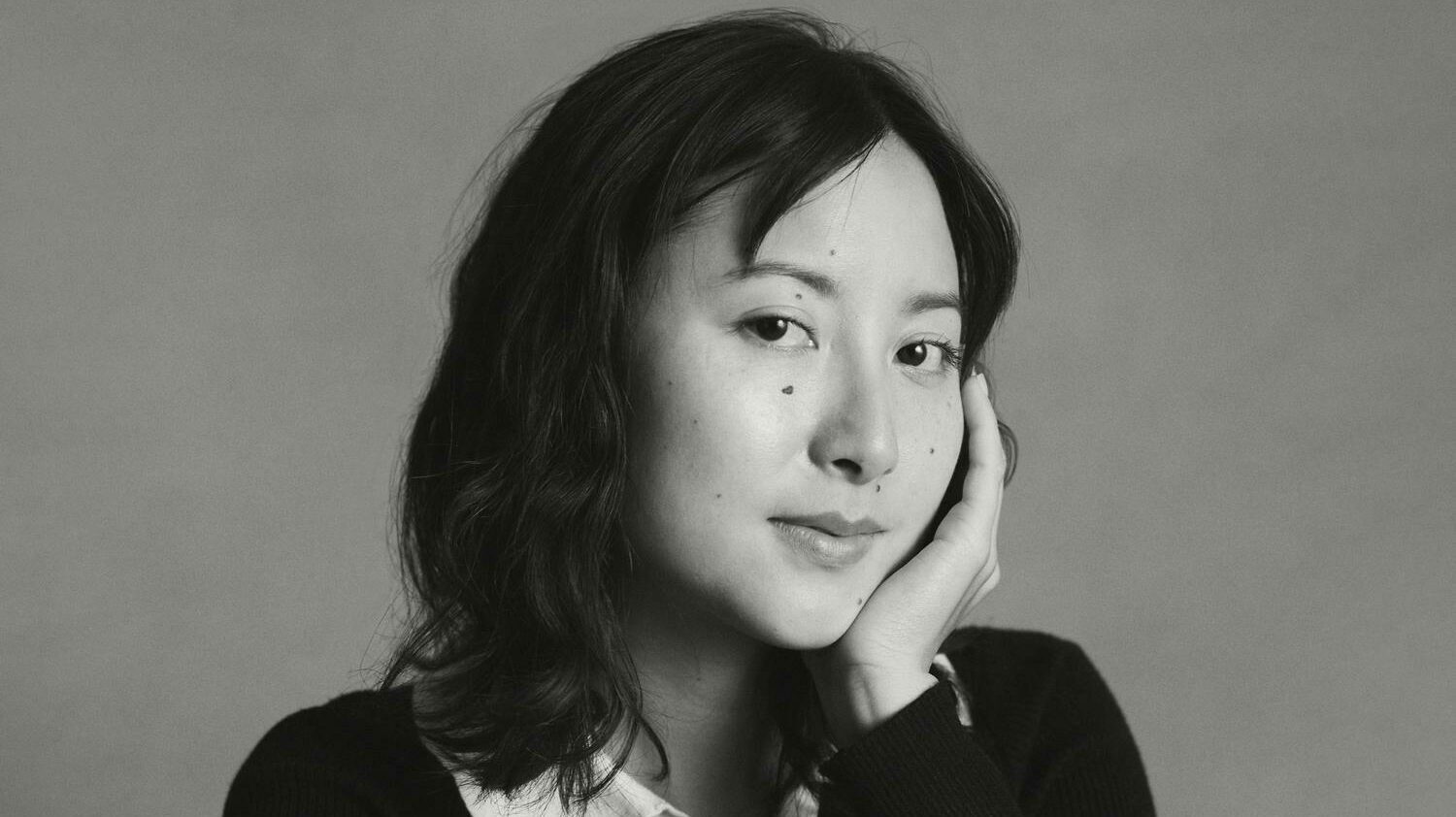Filmmaker Q&A: Dan Bigbee Jr. Discusses His Film 'Osage Murders'
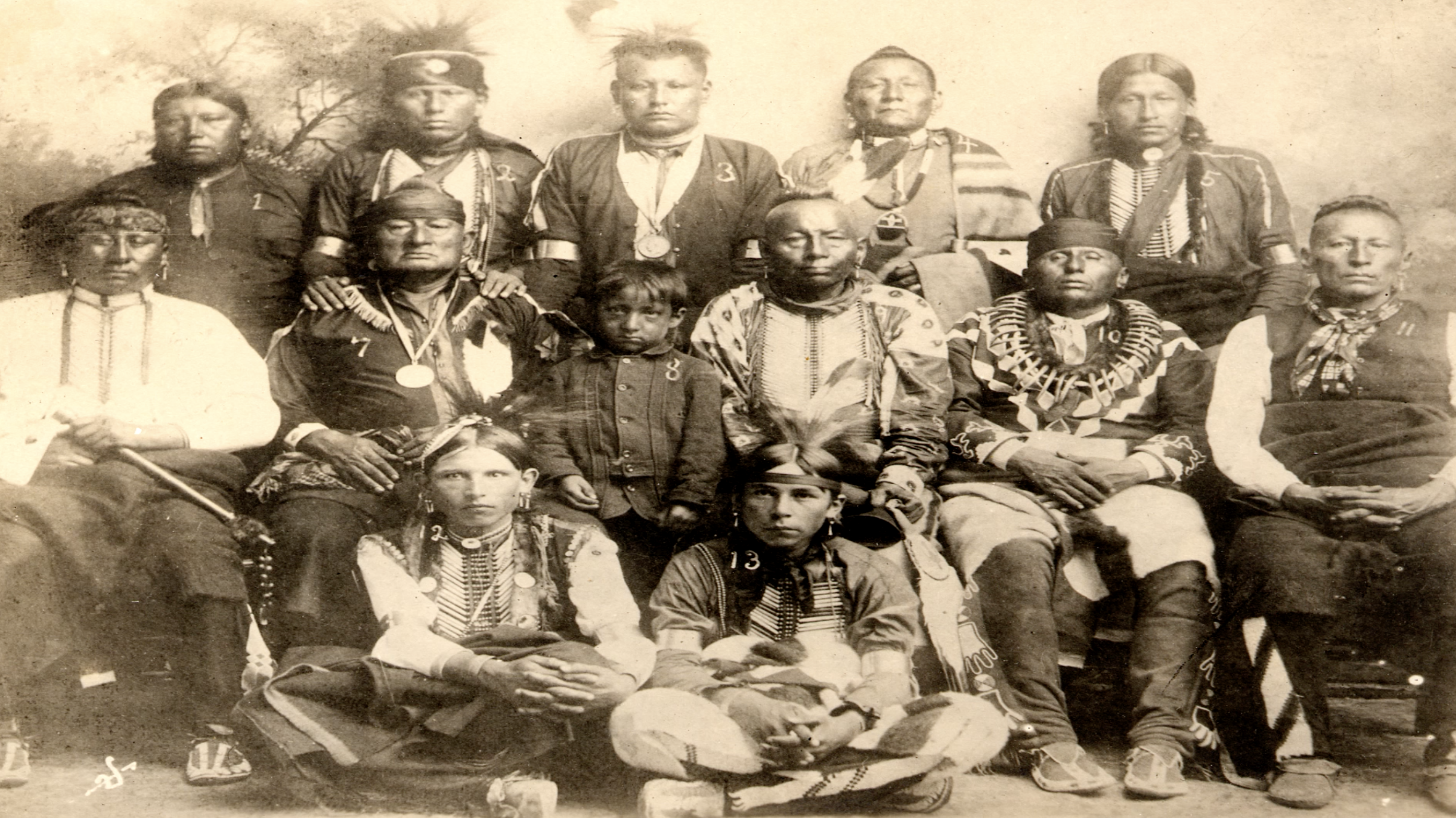
Director/Producer Dan Bigbee Jr. discusses the years-long journey producing his film "Osage Murders" and what he learned while working on this project.
Emma Goddard: Can you tell me more about your start in film and what brought you to this line of work?
Dan Bigbee Jr.: I became interested in video while attending the Institute of American Indian Arts. I along with two other classmates made a short piece and die was cast.
Emma: You first began working on the film, “Osage Murders,” in 2002. Capturing this story took many years, partly due to production funding but also because your team was worried about everyone’s safety. There was a fear amongst some of those who were involved about what would happen if they openly discussed the murders.
Can you take us through this experience and what the process was like working on the film throughout that timeframe? What ultimately encouraged you to start production again after so long?
Dan: We were not prepared for the politics when we started work on “Osage Murders.” Back in the oil boom days of the 1900s through the 1920s Osage tribal members were subjected to every crime imaginable in efforts to separate them from their money. Including murder. Many prominent Oklahoma families came out of this period with money, land and political influence that they still retain. It became obvious that this Osage story had been swept under the rug and the powers that be wanted it kept hidden.
We were unable to secure finishing funds and the project went dormant. That was 2003. When Mr. Scorsese announced his version of this tragic story [in “Killers of the Flower Moon”] things began to change.
Vision Maker Media, our original funder wanted to have a Native response to a Hollywood version of what happened to the Osage. Vision Maker asked us to dust off our materials and come up with a web piece that is featured in this film festival.
Emma: How do you feel these deaths impact the current generation of Osage today?
Dan: The Osage today remember the reign of terror as if it was yesterday. Each family lost aunts, uncles, grandparents, creating a gap in family histories and tribal culture. I often wonder how one deals with knowing your grandmother married your grandfather for the sole purpose of murdering him for his money.
Emma: How did it feel to finally bring this to life and show the final product to those who participated in the film?
Dan: Completing any project brings a sense of accomplishment. In this case it was gratifying to learn times are changing. The powers that swept the story under the rug are losing their grip and the truth is coming to light.
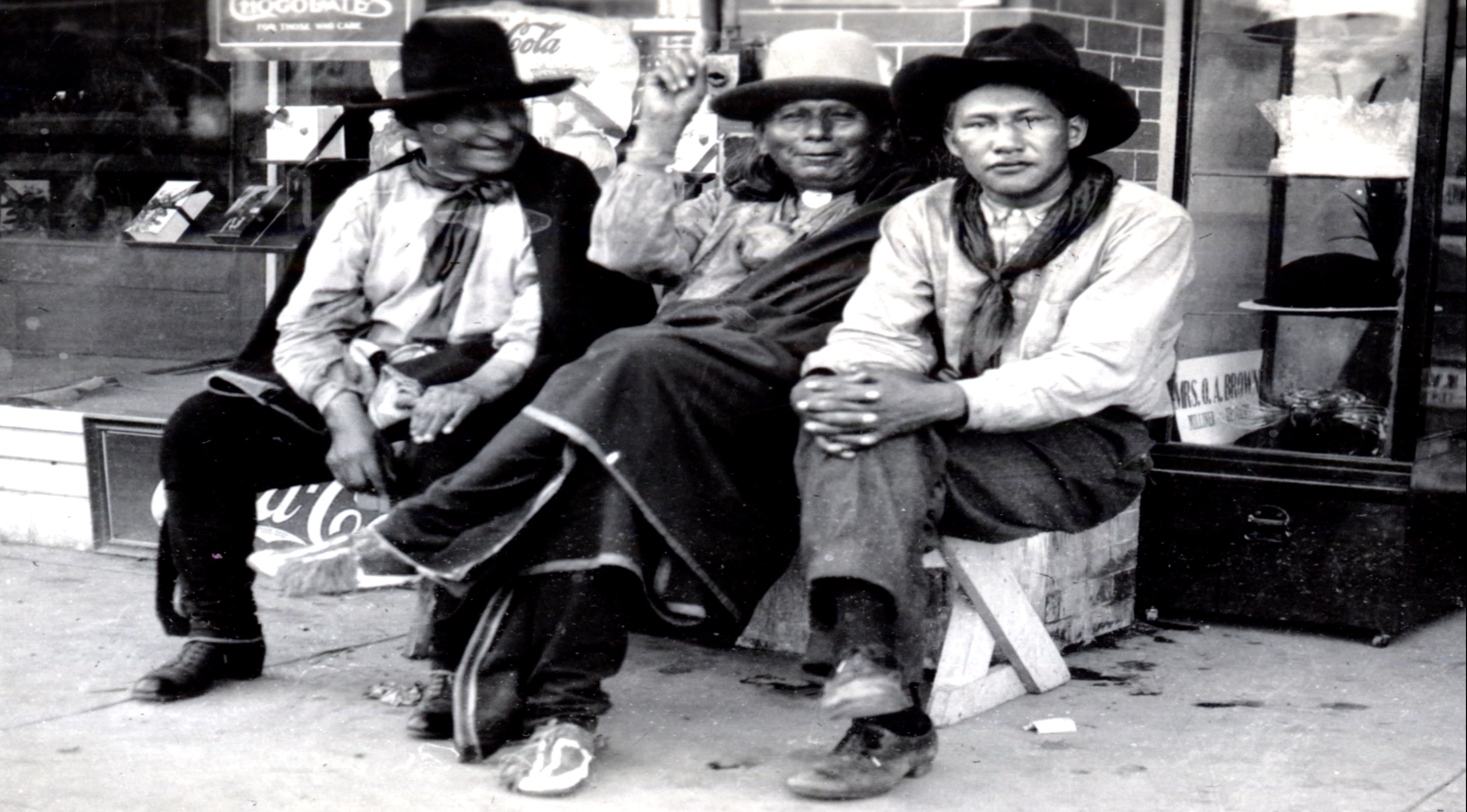
Emma: If you could go back and offer any words of advice to yourself when you first entered the film industry, what would they be?
Dan: You are going to need help. You can’t make a film by yourself. You need to promote yourself. Support for your projects doesn’t happen if people don’t know about it.
Emma: What do you hope viewers take away from the film?
Dan: Greed is evil. In the end greed leaves you cold. Another hope is that the viewers see that the justice system failed to protect the Osage. We need to ask ourselves if the justice system is really any better today.
Osage Murders
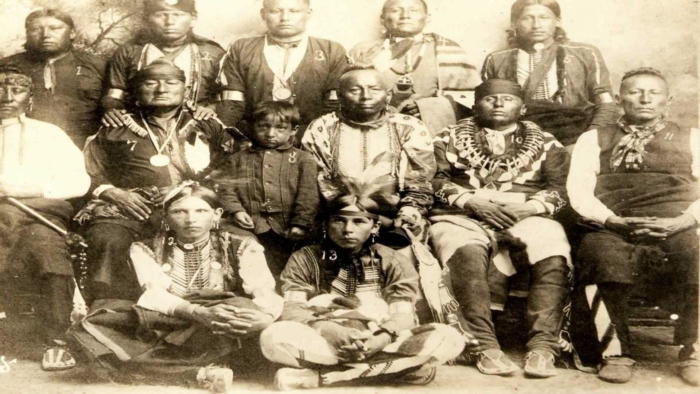
About the Author
More like this
Visit the Behind The Lens Blog